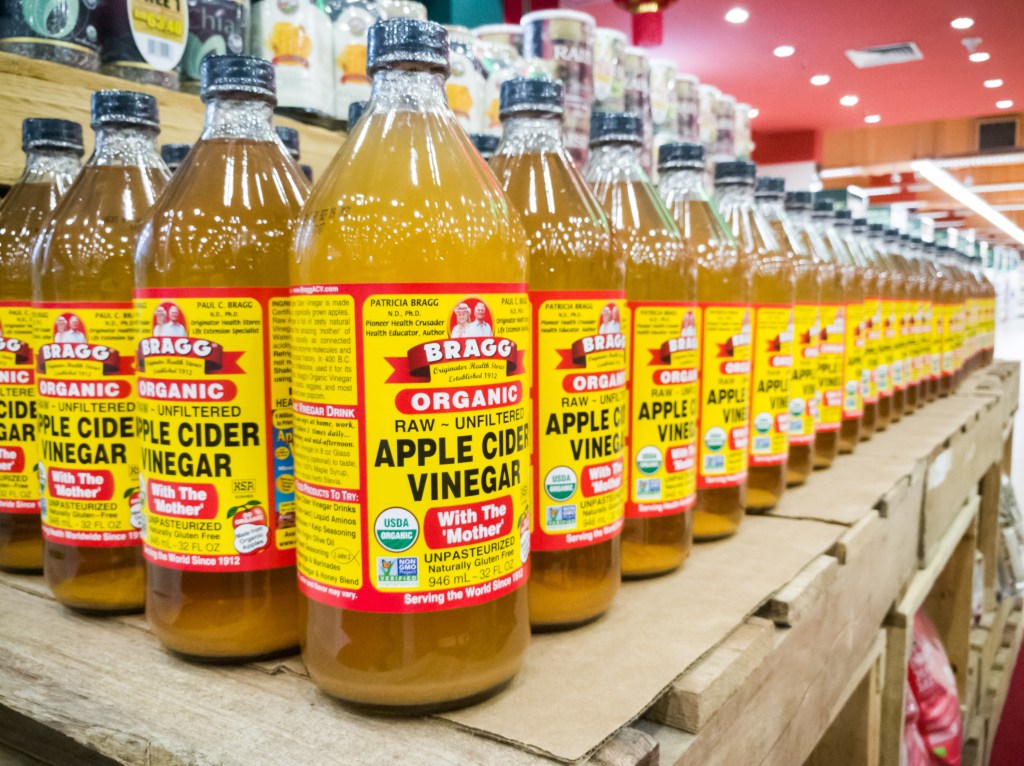The latest controversy lining grocery shelves? Apple juice.
A user on X (formerly Twitter) posted a thread Monday about “applejuiceification and the illusion of choice,” showcasing how many of the juice options at grocery stores are actually mainly apple juice, despite what the label says.
For example, @echetus shared that the Innocent band pink dragonfruit and lychee flavor was 70% apple juice, guava and lime was 66% apple juice, Berry Set Go was 82% apple juice, and so on.
The brand Naked’s Gold Machine super smoothie (passionfruit and mango) was 62% apple juice, the Blue Machine (blueberry and Goji berry) was 71% apple juice, Green Machine (kiwi and pineapple) was 50% apple juice, and the strawberry and banana smoothie was 45% apple juice.
“We’re all under the grip of Big Apple,” someone quipped in response.
One user who allegedly used to work at a juice bar shared, “We were always told if [a customer] ordered something where the ‘standard’ amount of fruit/veggie wouldn’t make enough juice to fill the volume, to add apple juice, cause its cheap, sweet and juicy.”
“The reason they all have apple juice is it has one of the highest natural sugar ratios and that lets them market the juices as ‘no added sugar,’” another claimed.
Apple juice may be “cheap, sweet and juicy,” but is it any good for you?
Apple juice, thanks to its “high water content, electrolytes and natural sugars,” can help keep you hydrated, registered dietitian Abbey Sharp told USA Today.
The fruit juice can contribute carbohydrates to your diet, as well as nutrients such as vitamin C. In fact, most apple juice brands contain a whole day’s worth of vitamin C (75 to 90 milligrams) in one serving — and, in turn, have a lot of health benefits.

Vitamin C can minimize common cold symptoms, promote heart health and make collagen.
The main difference between an apple and apple juice is that when an apple is juiced, it loses certain elements.
“All juices are typically stripped of their beneficial fibers that help slow the absorption of sugars and reduce the glycemic index,” Sharp says.
While what’s best for you is based on the individual, to gain health benefits and minimize downsides, it’s recommended to opt for a vegetable-based juice or a juice or smoothie with the fruit’s fibers still intact.











